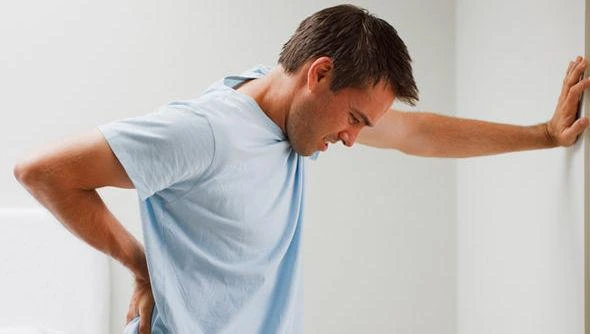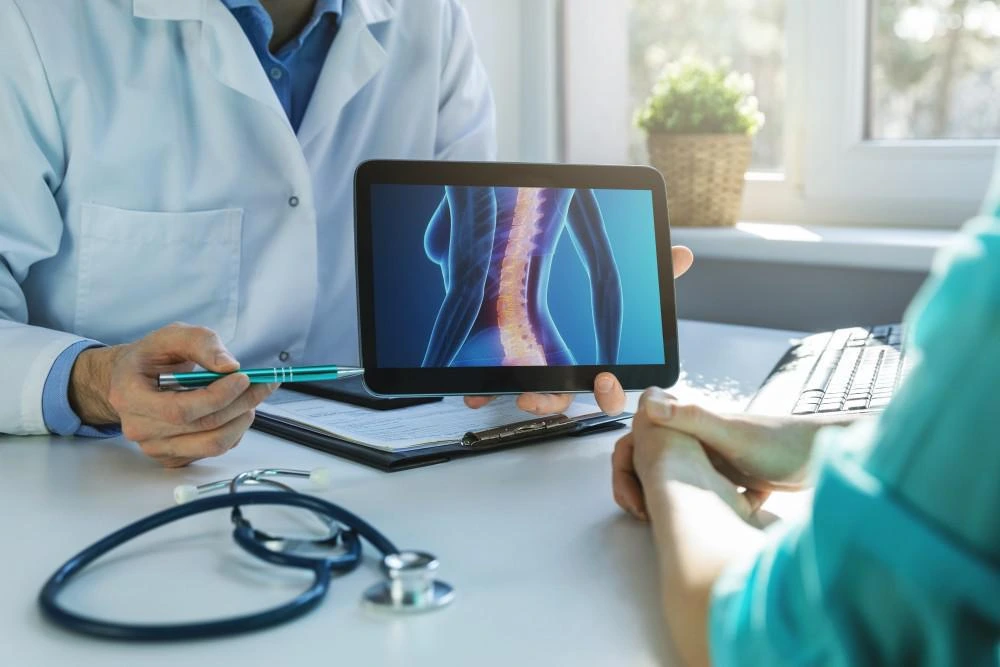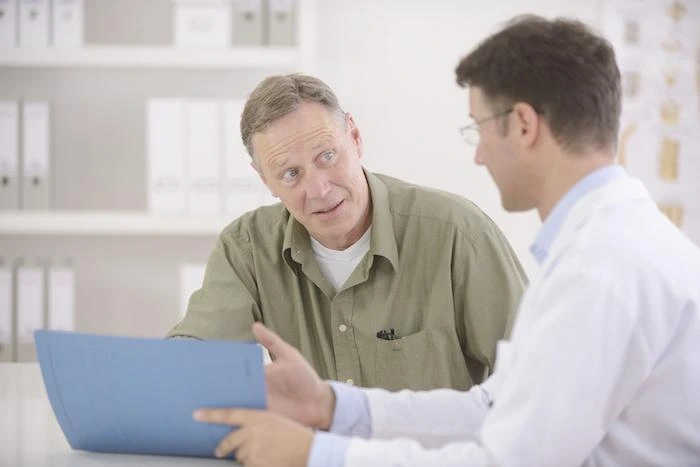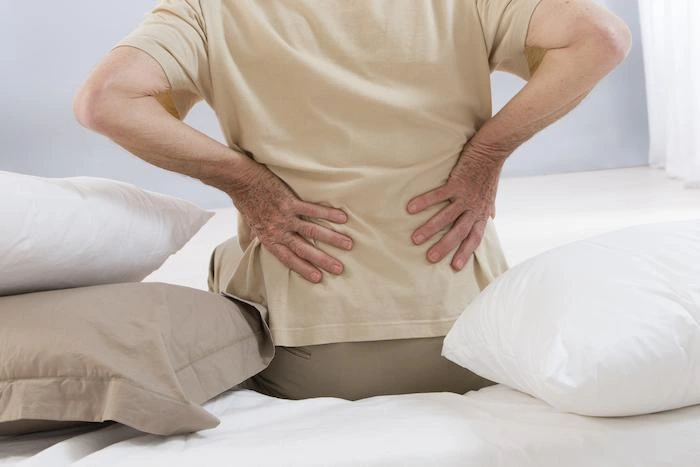When it comes to causes of back pain, a problem in one of your discs is not only a common culprit, it’s also a condition that’s hard to ignore.
A herniated disc comes with unique and telltale symptoms that distinguish it from other problems in your back. To help you recognize these symptoms, Dr. Anjum Bux and the team here at Bux Pain Management want to take this opportunity to take a closer look at the signs of a herniated disc.
Herniated disc at a glance
Your spine is made up of 33 vertebrae, which are separated by 23 intervertebral discs that provide cushioning and support. Each of your discs feature a tough outer layer called the annulus, which houses a soft, jelly-like interior called the nucleus.
With a herniated disc, you develop a tear in the annulus, which allows some of the nucleus to creep out and potentially irritate the highly sensitive spinal nerves in the area.
The primary cause of a herniated disc is degenerative disc disease, which occurs in most of us as we age and our discs lose moisture and become more brittle.
Signs of a herniated disc
We mentioned that there are telltale signs of a herniated disc and these signs very much depend upon the location of the herniation.
In most cases, herniated discs develop in areas of your spine that are most active, namely your cervical spine (neck) and your lumbar spine (lower back). With that in mind, let’s take a look at the symptoms of a herniated disc based on location.
Cervical herniated disc
If you have a symptomatic herniated disc in your neck, you may experience:
- Pain in the immediate area
- Radiating pain down your shoulder and arm
- Numbness and tingling that travel down your arms
These symptoms typically only travel down one arm and, depending upon the degree of the nerve impingement, they can affect your hands, as well.
Lumbar herniated disc
More often than not, a herniated disc in your lumbar spine affects your sciatic nerve, leading to sciatica. This nerve is the largest in your body and begins in your lower back and branches out and travels down the back side of each or your buttocks and legs.
Like a cervical herniated disc, a lumbar herniated disc can lead to symptoms that are both local and radiating. In the case of a herniated disc in your lower back, you may develop pain, numbness, and tingling that extends down into one of your buttocks and legs.
This pain can be constant, but it more often flares when you move or sit in a certain position.
Treating a herniated disc
If we diagnose you with a herniated disc, our goal is to relieve your symptoms as quickly as possible. With icing, physical therapy, and nonsteroidal inflammatory medications, most herniated discs heal on their own.
If your symptoms persist, we can turn to epidural injections, which are highly effective at tackling both the pain and inflammation.
If you’re at all unsure as to whether you have a herniated disc or some other problem in your back, we urge you to err on the side of caution and have us take a look. To get started, contact one of our locations in Lexington, Cynthiana, and Danville, Kentucky, to schedule an appointment.
